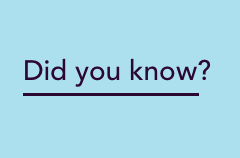TransGrid has recently published a Project Assessment Conclusions Report for managing safety and environmental risks on Line 3W (Kangaroo Valley – Capital Wind Farm).
Constructed in 1972, the 130 km single circuit 330 kV transmission line is comprised of 296 steel tower structures between Capital Wind Farm and Kangaroo Valley 330 kV switching stations. Line 3W forms a key link between Canberra and Wollongong and enables the transmission of electricity from generators in the area including Capital Wind Farm, Woodlawn Wind Farm, Kangaroo Valley Pumping and Power Station, and Bundeela Pumping and Power Station to the NEM.
A significant proportion of the steel transmission structures of Line 3W are impacted by various levels of deterioration and corrosion. The affected components include tower steelwork, foundations and earthing, insulators, conductor fittings, earthwire and associated fittings. This greatly increases the likelihood of transmission structure failures, conductor drop, and subsequent bushfire and safety risks.
TransGrid considered three credible options that would meet the identified need from a technological and project delivery perspective. Refurbishment of the line remains the most economical and preferred option at this stage of the RIT-T process.
No submissions were received in response to the Project Specification Consultation Report (PSCR) during the consultation period which closed on 21 January 2020. No additional credible options that could deliver a material economic benefit were identified throughout the process and the outcomes of the economic analysis contained in the PSCR are maintained in this PACR.
The works for the preferred option are to be completed by 2021/22. The estimated capital cost of the proposed preferred option is $14.5 million ± 25%. TransGrid is the proponent of the proposed network project.
In accordance with the requirements of the National Electricity Rules, a summary of the PACR is made available on the AEMO website. A copy of the PACR can be obtained from TransGrid’s website on the Regulatory Investment Tests page or by emailing RIT-TConsultations@TransGrid.com.au.
-
AEMO manages the day-to-day operations of a number of electricity and gas markets and information services, as well as providing strategic forecasting and planning advice.
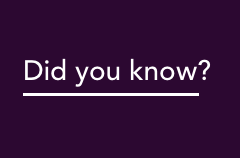
-
AEMO has strategic partnerships with institutions and energy brands across Australia and globally, including the Bureau of Meteorology (BOM) and CSIRO.
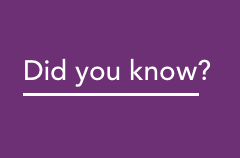
-
In addition to regular consultations, AEMO runs regular working groups and forums that allow energy stakeholders to discuss issues and share information.
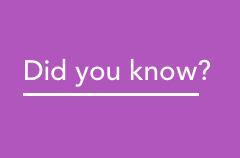
-
The Library captures procedures, guides and major reports that live elsewhere on the site.
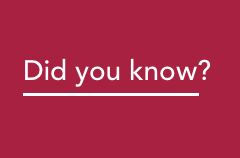
-
Australia’s energy system has a governance structure that includes AEMO, the Australian Energy Regulator (AER), the Australian Energy Market Commission (AEMC), the Energy Security Board (ESB) and the Council of Australian Governments (COAG) Energy Council.
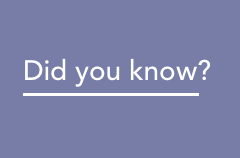
-
AEMO is an independent organisation that operates on a user-pays cost-recovery basis, with all operating costs recovered through fees paid by industry participants. Our ownership is shared between government and industry.
